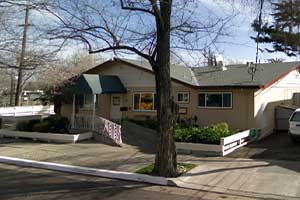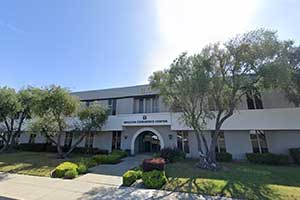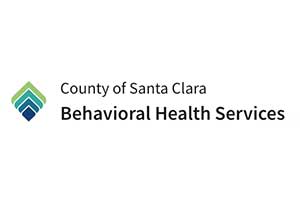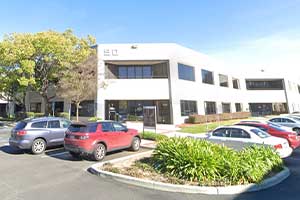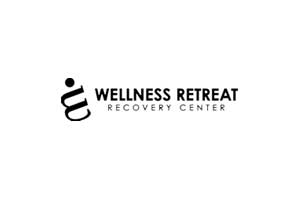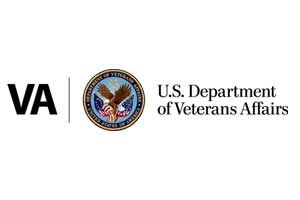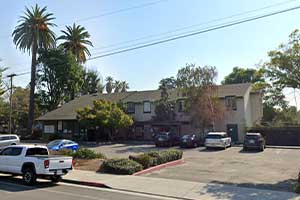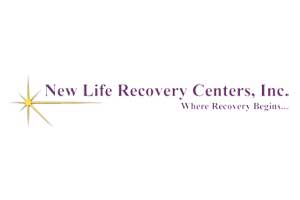Skip To Rehab Listing
Big Problems With Big Tech: Drug Use In San Jose, California
Often called the "capital of Silicon Valley," San Jose, California is well-known for its exploding tech industry, wealthy residents and extremely high cost of living. Boasting a Mediterranean climate, it's considered the world over as a center of innovation and liberal politics. And, as far as demographics go, it's extremely culturally diverse, as people from all over the globe move there to work in and serve the big tech industry.
But in recent years, the rampant use and abuse of illicit drugs has become part and parcel to San Jose's demanding work culture. A pressure-cooker driven by fiercely competitive executives and adrenaline-driven coders, Silicon Valley has become a hotbed of illicit drug use, encompassing everything from black-market painkillers to cocaine to heroin. Adderall is another widely abused substance, as the work-yourself-to-the-bone culture can be exhausting, and workers feel the need to keep up. Drug use in San Jose is overwhelmingly a white-collar issue, and its exacerbated by the fact that so many users have large disposable incomes.
Northern California as a whole is also experiencing a boom in the trafficking of methamphetamine, which officials say is the most prominent emerging threat in the region. Mexican drug trafficking rings are the primary transporters and distributors, and to increase their customer base, they've begun adding various flavors and colorings to the drug, to entice younger users. drug. Widespread methamphetamine use also factors in negatively on the region's violent crime and property crime rates.
So, in a city of so much wealth, how do officials fight the drug crisis? Training, training, and more training. As of 2018, fifteen different law enforcement agencies in Santa Clara county had begun training their officers and staff on how to prevent fatal overdose deaths, and this includes the use of Narcan, (Naloxone) which can, if administered correctly and in a timely fashion, save a life in the throes of an opioid overdose. We can only hope that the efforts of officials can stem the tide and reverse the riding drug trend.
Even so, for individuals struggling with drug and alcohol addiction problems, San Jose can also offer workable solutions in the form of 40 drug and alcohol treatment programs designed to help patients in their recoveries.
Drug and Alcohol Treatment Approaches and Settings
San Jose area residents who struggle with addiction have many rehab settings available to them, including the following: outpatient hospital programs, long term treatment facilities, short term treatment facilities, inpatient drug abuse treatment, inpatient detoxification programs.
These rehabilitation programs make alcohol and drug rehabilitation easy to obtain, with convenient locations and several varying rehabilitation modalities from which to choose, including these listed here: 12-step facilitation approach, activity therapy, cognitive/behavior therapy, cognitive/behavior therapy, trauma-related counseling, rational emotive behavioral therapy.
Special Programs for Alcohol and Drug Recovery
Alcohol and drug abuse affects every person differently. In order to address these differences and offer more customized treatment, alcohol and drug treatment programs in San Jose offer several special programs for clients such as: aftercare/continuing care, clients referred from the court/judicial system, social skills development, self-help groups, legal advocacy, transgender or (LGBT) clients.
Clients who believe they may need these customized services can discuss them with the treatment facility in order to receive support that is meant to maximize the likelihood of lasting recovery.
Treatment Payment Alternatives
Residents of San Jose come from differing economic situations, making it vital for rehab centers to deliver several payment options that put rehabilitation within financial reach. Patients can expect to get payment alternatives at close by addiction treatment facilities including the following: private pay, private insurance, payment assistance, sliding fee scale, other state funds, state education funds.
Regardless of a client's financial situation, finances should not be a barrier to rehab. Drug and alcohol rehabs guide individuals through their financing options and help them pinpoint a way to afford their treatment.
The goal of varied rehab programs, approaches, programs, and financing alternatives is that treatment for drug and alcohol abuse is accessible for as many individuals who need it.








